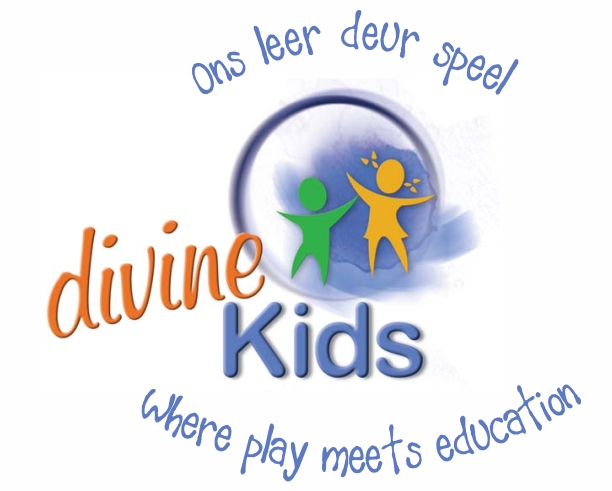about Hop & Bop
Integrated Physical Development Programme
(Call it what they may – we call it an in-house fun motor-skill development for all our kiddies at DivineKids.)
At Divine Kids, the philosophy centres around the understanding that children learn best through play, where movement and music play integral roles. A specialized programme named Hop and Bop has been started and is further being developed and implemented by our own staff who are movement specialists. This program is designed to ensure that all children engage in appropriate movement for their age.
The programme emphasizes the critical role of gross motor skills in a child's overall development. These skills are seen as important to learning because mastery of gross motor skills precedes the development of fine motor skills. Therefore, the focus is on engaging children in various forms of movement such as games, outdoor play, music, and structured stations that encourage and enhance gross motor skills.
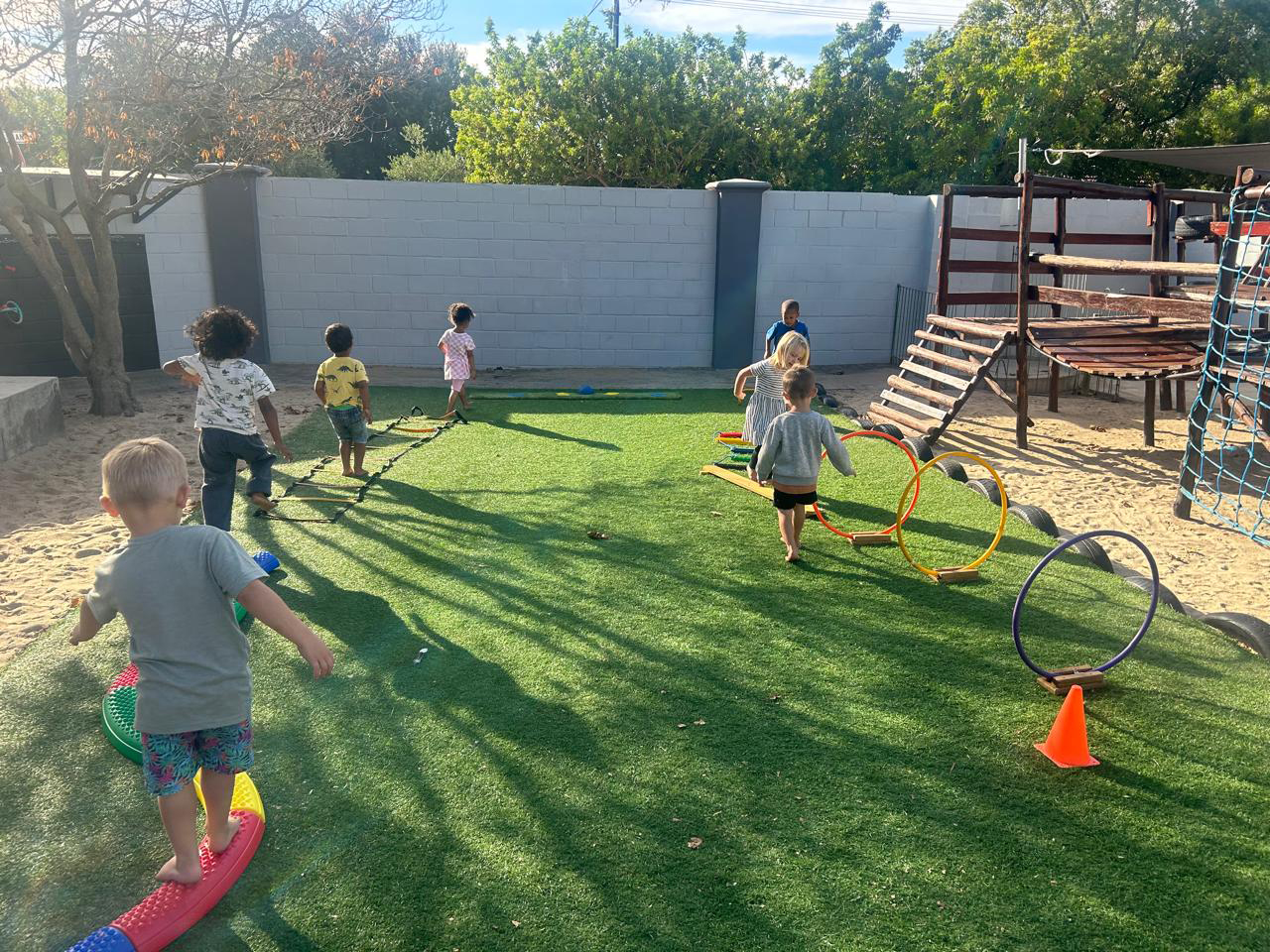
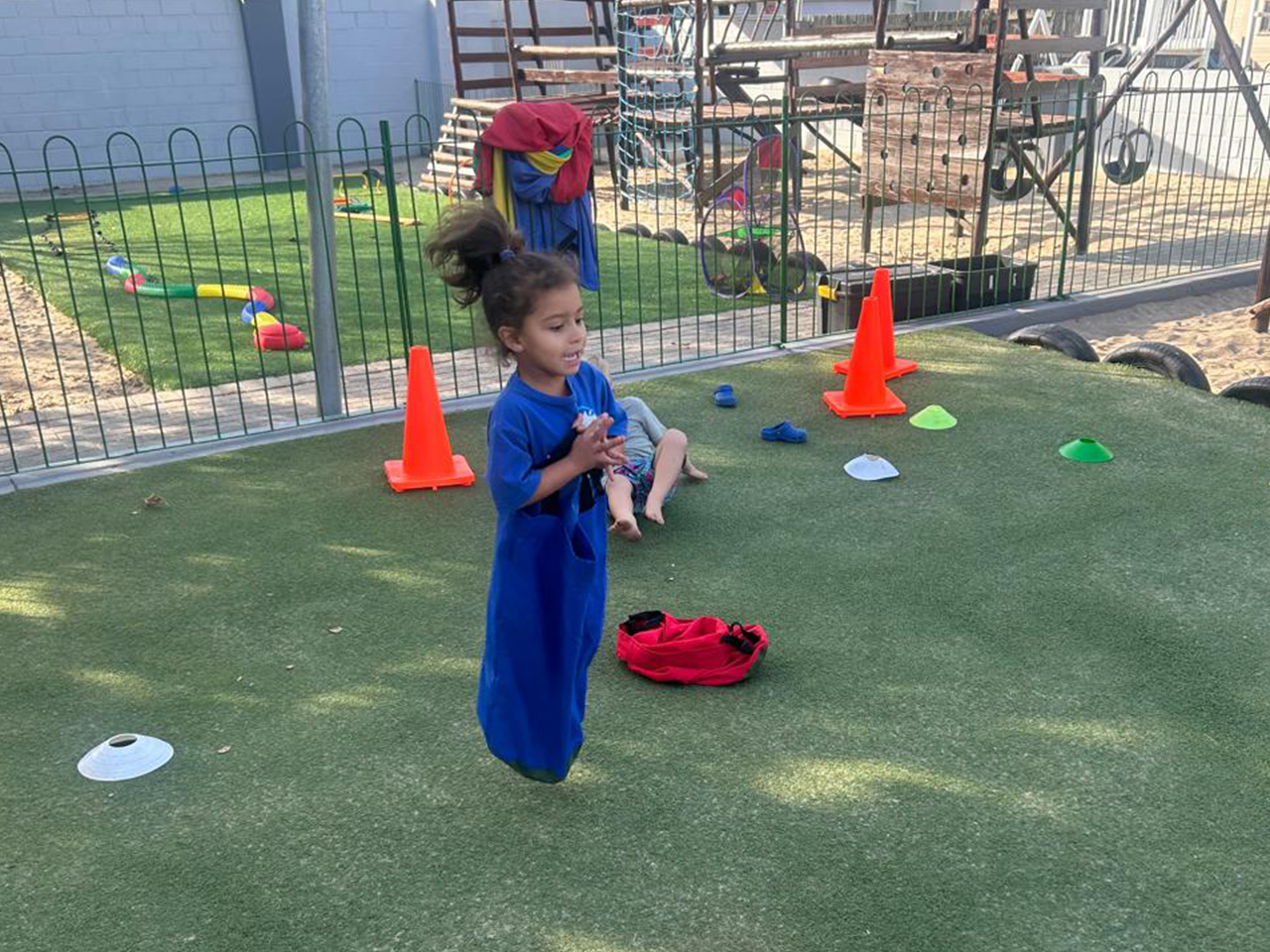
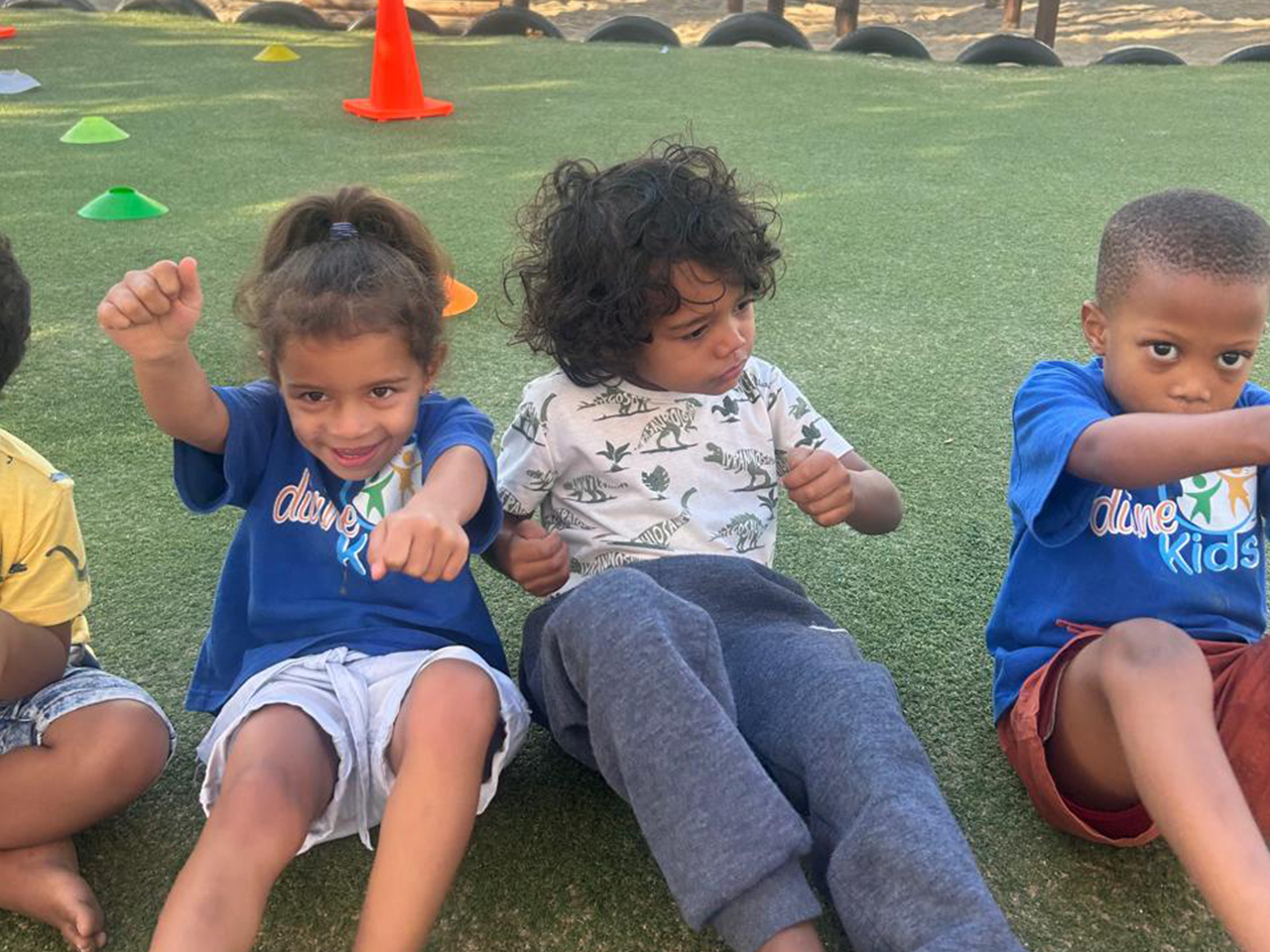
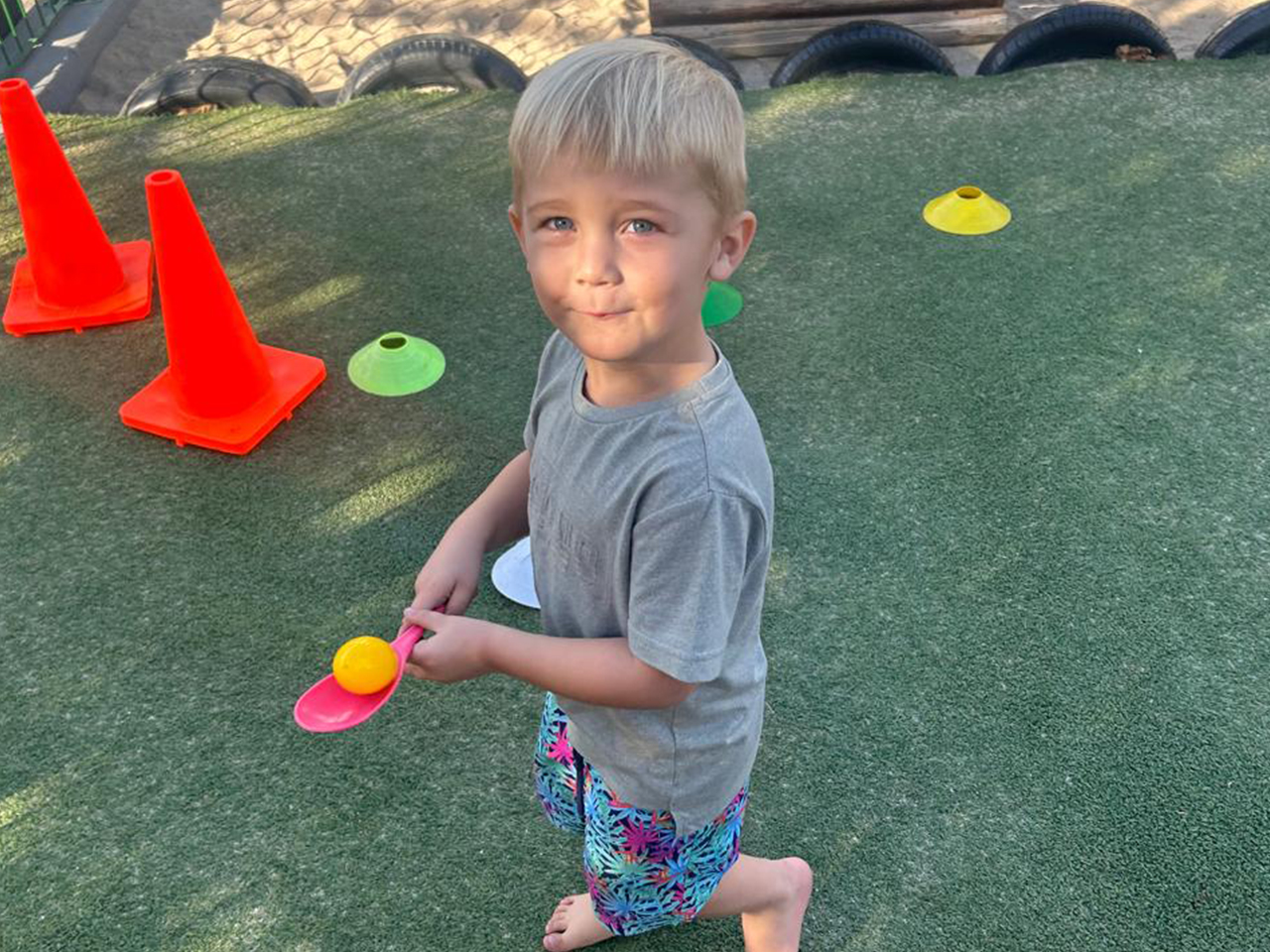
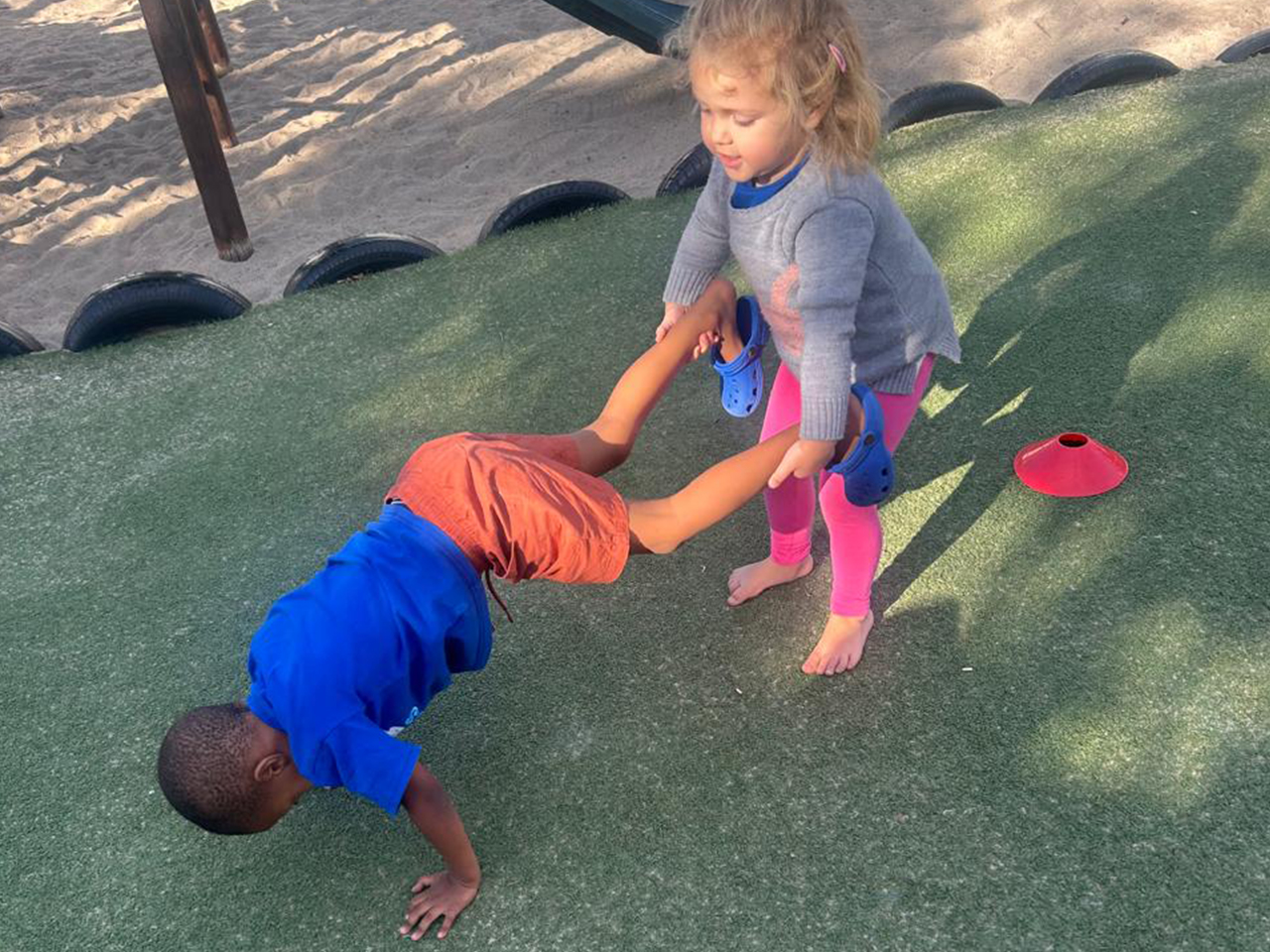
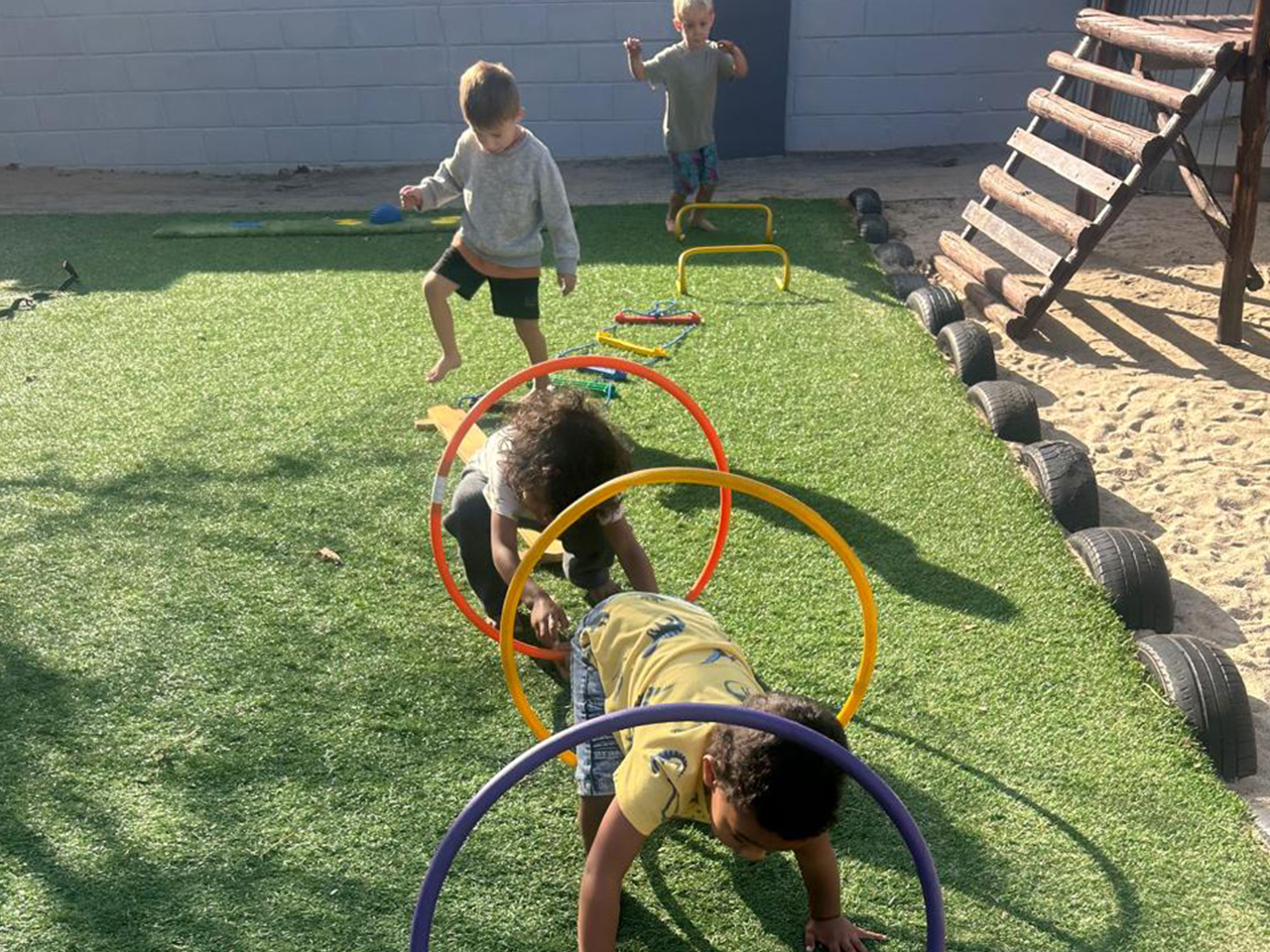
By prioritizing gross motor stimulation through these activities, our staff at Divine Kids aims to provide a comprehensive foundation that supports children's cognitive and physical development. Program Directors' Expertise: The leadership team boasts robust backgrounds in physical education and child development, with specific experience in tailoring programmes to meet the unique needs of children.
Hop & Bop
Leadership team
The HOP & BOP Integrated Physical Development Programme is spearheaded by Liesl Malan (Principal), Anari Botha(5yo teacher), and Henk Arangies (Co-Owner), each bringing extensive expertise in physical education, human movement sciences, and child development to the forefront.
Liesl Malan
B.A. Human Movement Sciences & HDE. (Physical Education Teacher for many years; Running OT based Mother-Toddler business in the past. Headed a team that developed the International Schools PYP (Pre K – Gr 7) Physical Education programme. Rhebok personal instructor.
Anari Botha
B.A. Human Movement Sciences and Degree in Kinder Kinetics. Experience in a school environment where she developed programmes for physical development for kids.
Henk Arangies
4 year HOD – Physical Education as on of his majors; B.A; B.Ed; M.Ed. (Curriculum Development & Psychology). Physical Education teacher for 6 years, School principal for 26 years – responsible for developing a few physical development programmes at his schools. Started a unique Skills Development programme at Paarl Boys Primary in 2003.
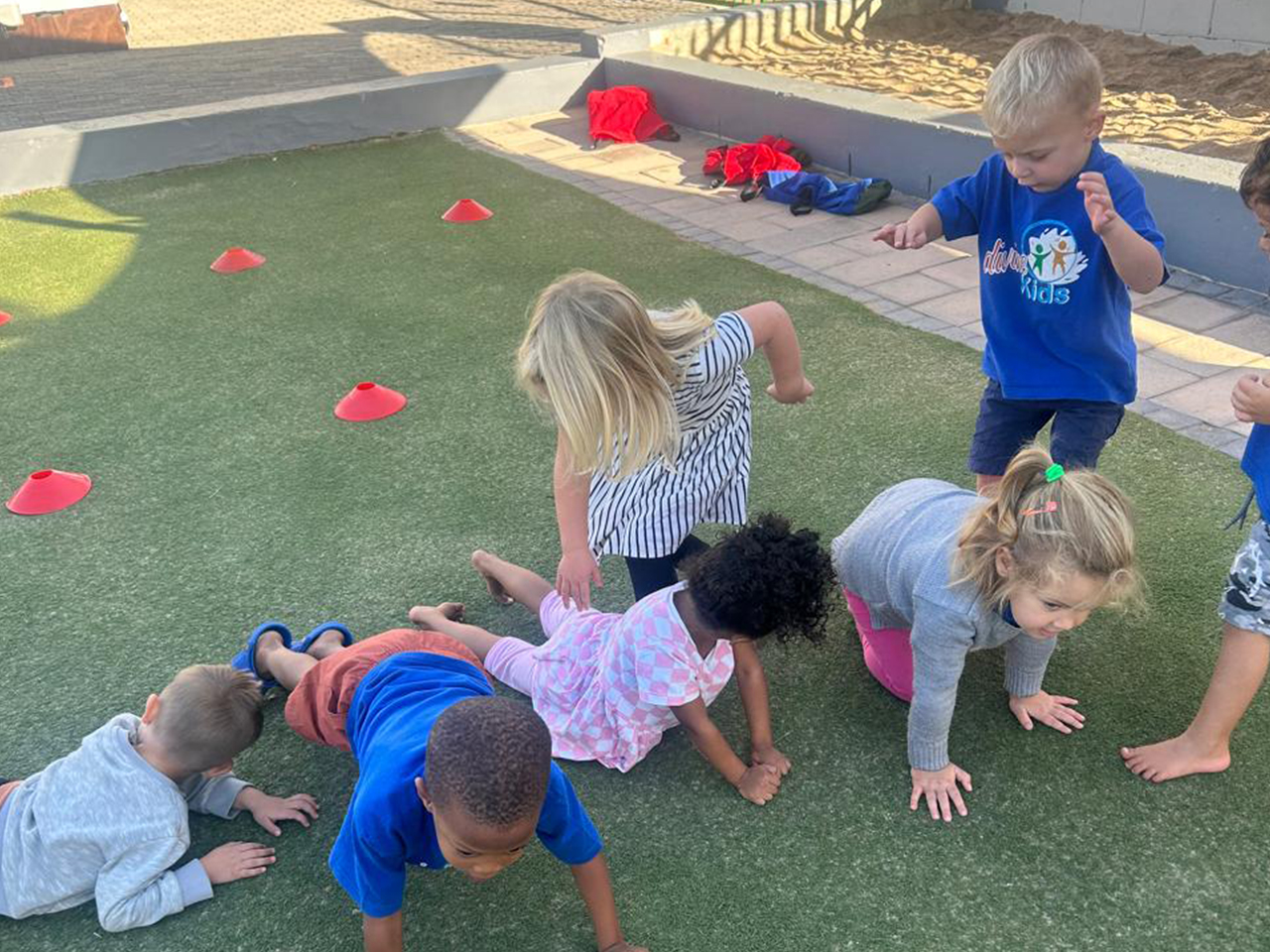
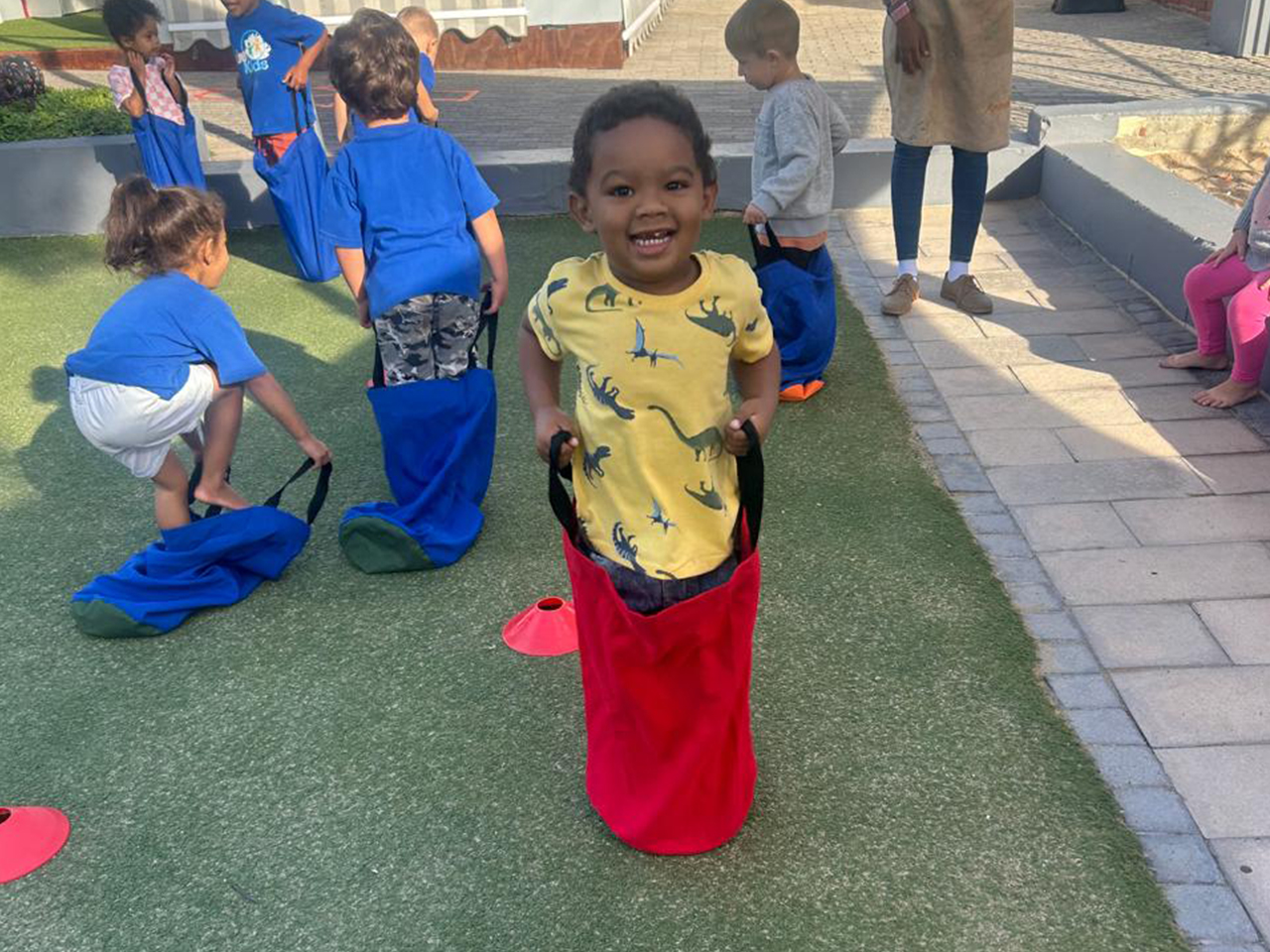
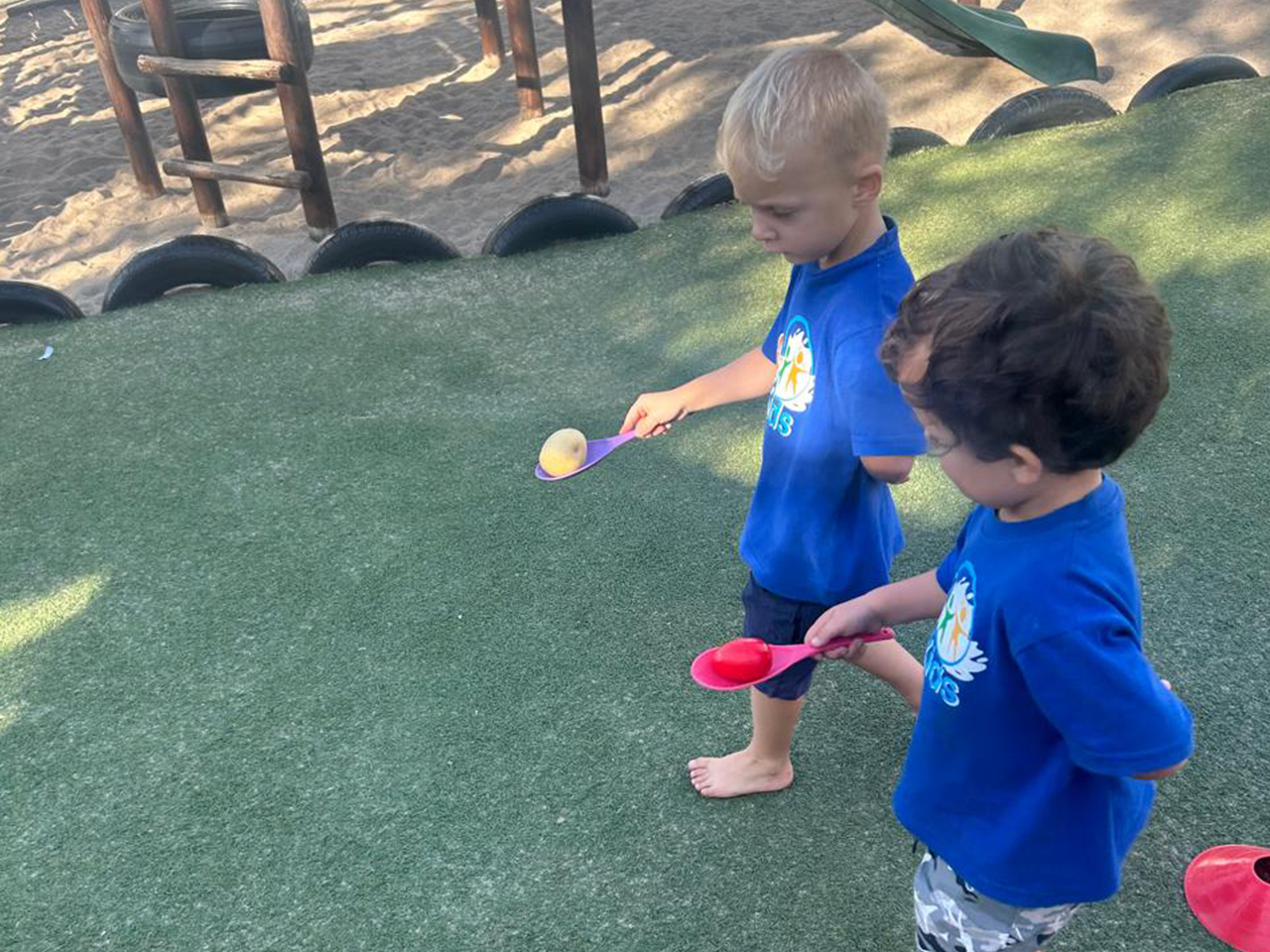
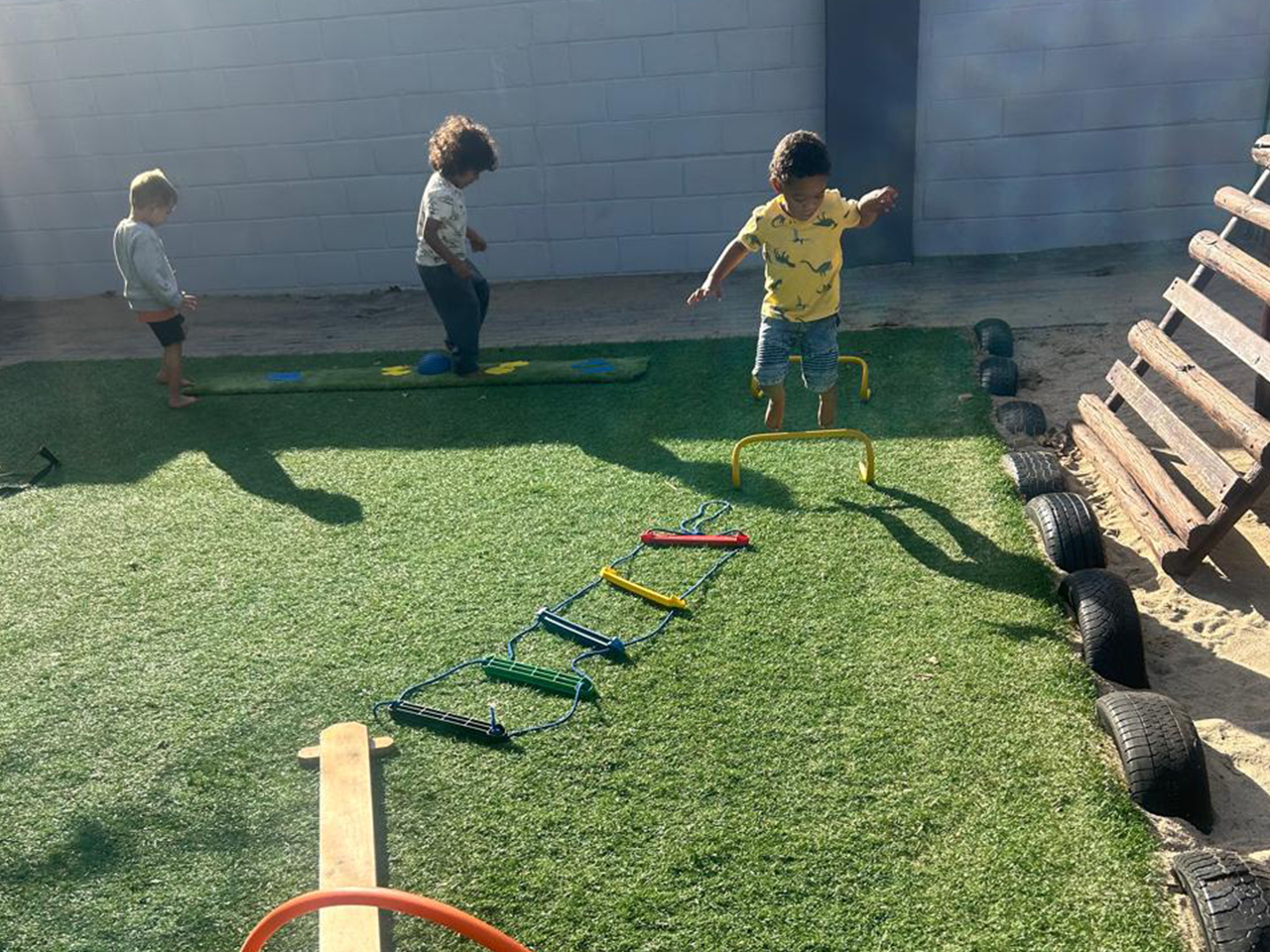
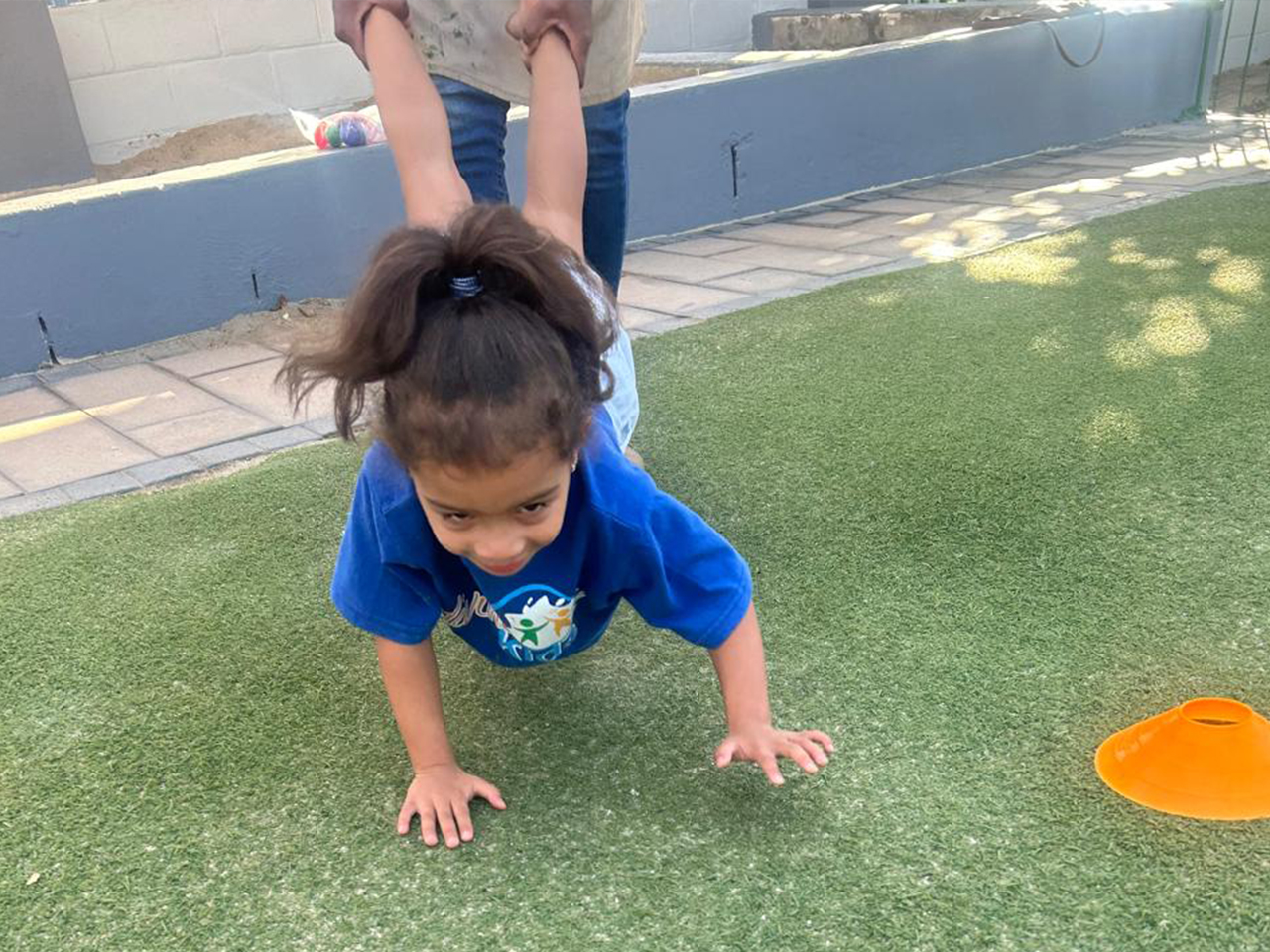
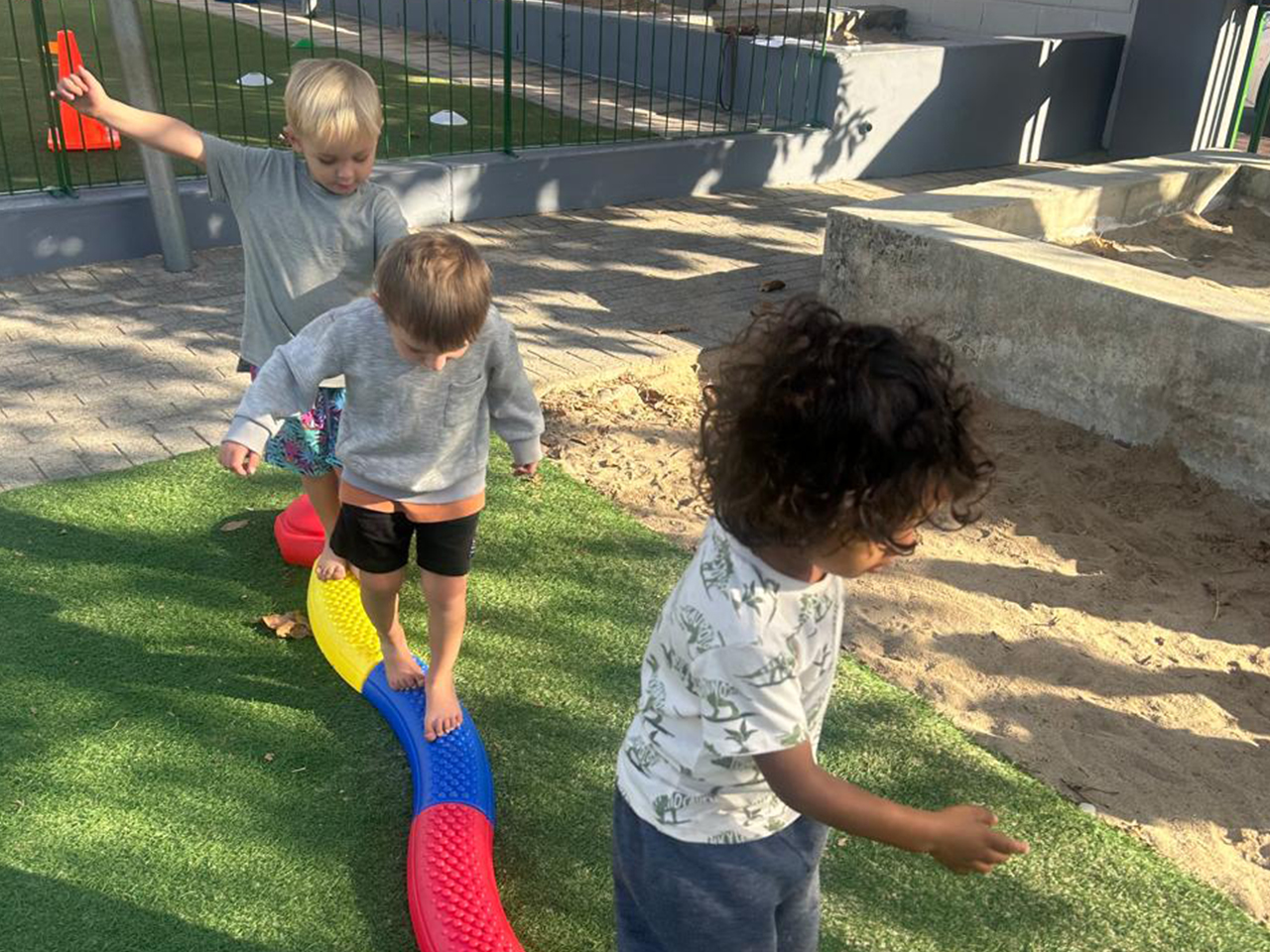
Philosophy of Internal Expertise
Central to the programme is the belief that optimal motor skill development results from our own staff working and engaging with the toddlers as the understand them as individuals, as they interact with them daily. This approach prioritizes continuity and personalized attention within the learning environment.
Customizable and Monitored Approach:
HOP & BOP aims to establish a straightforward and achievable framework that our own staff can readily implement and monitor across classroom and outdoor settings. This structured approach ensures consistency and effectiveness in achieving the programme's developmental goals.
4. Recognition of Individual Needs
While internal staff play a primary role in programme delivery, there's a proactive acknowledgment that some children may require specialized interventions. In such cases, external specialists like Occupational Therapists or Kinder Kinetics professionals are consulted to provide targeted support, emphasizing a balanced utilization of internal resources for general needs and external expertise for specific cases.
The HOP & BOP programme is strategically designed to maximize the developmental impact of physical education by making use of internal expertise, whilst also facilitating specialized support when required. This integrated approach aims to optimize learning outcomes through a balanced blend of internal control and external professional collaboration. There is a role for specialized intervention of Kinderkinetics, Occupational Therapists and or other professionals to work with children as individuals or in smaller groups.
This summary captures the essence of the programme's philosophy and operational approach, highlighting its strengths in internal capacity building alongside its strategic use of external resources for specialized needs.
